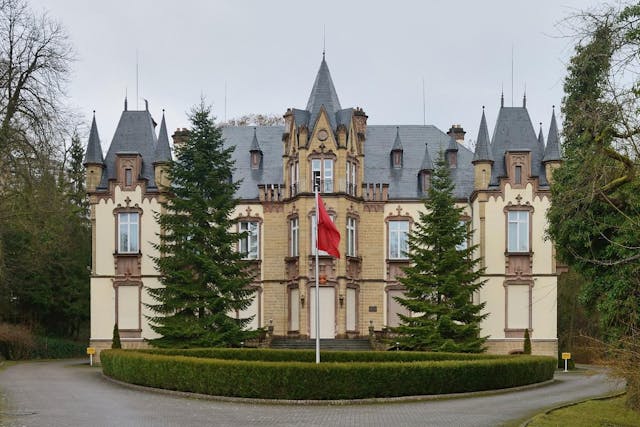Luxembourg launches SportKompas project for schoolchildren

Getty Images
Run, jump, stretch - and find out whether you want to be a footballer, a gymnast or maybe a fencer. The SportKompas pilot project has been launched in Luxembourg to guide children through the world of sport in a precise and personalised way.
Launched on 6 June 2025 at Woiwer Primary School in Differdange, the project is a joint initiative of the Ministry of Sport and the SCRIPT education service. It aims to help children aged 8-10 to choose a sport that best suits their physical abilities and personal preferences, based on scientific methods.
The SportKompas methodology was developed at the University of Ghent in 2007 and is actively used in Flanders: since 2019, more than 50,000 children have already been tested. In Luxembourg, the methodology has been adapted as part of a drive to make sport a natural part of childhood, rather than an imposed obligation.
What does SportKompas include?
The testing system consists of two complementary modules:
- "I Do" - nine physical challenges that assess basic skills: agility, speed, coordination, flexibility, strength and endurance.
- "I Like" is an interactive iPad questionnaire taking place in the classroom, revealing a child's interests and preferences.
Based on the combination of these data, each child receives a personalised report that indicates recommended sports that are suitable for both physical ability and individual "attraction".
The project should help build an informed and sustainable connection between the child and sport, which in turn impacts on physical health, confidence and socialisation skills.
In addition, teachers will receive extended reports - as a pedagogical tool for adjusting school physical education programmes.
The first wave of the project will reach about 100 students in grades in cycles 3.1 and 3.2. After testing and analysing the results, the ministries will consider expanding SportKompas to other schools across the country.
This project is not just an endurance test. It is an attempt to make the choice of sport a personal, informed and joyful one, especially in an era of digital temptations and hypodynamia. It is also an example of how technology and pedagogy can work together for the health of future generations.





